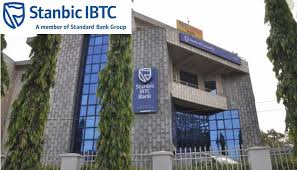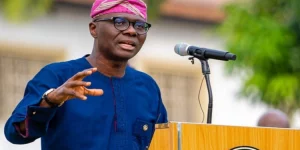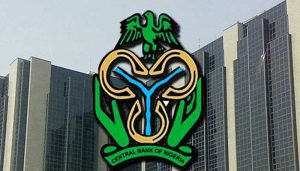
By Habibat Aliu
Experts in the Capital market have advocated a credible, free and fair election that would pave a way for the incoming administration to tackle lingering macroeconomic challenges bedeviling the economy in the past few years, especially the foreign exchange (forex) crisis.
At the Nigerian Exchange Limited’s (NGX) virtual 2022 Market Recap and 2023 Outlook yesterday, the stakeholders stated that only a peaceful election could restore investors’ confidence, attract fresh capital into the country and forestall further pull of funds by foreigners.
Already, foreign investments in equities waned in 2022, as a result of uncertainty in the nation’s political space, in addition to prolonged forex illiquidity and other macroeconomic challenges.
For instance, the foreign portfolio investors’ appetite for equities dropped in the first 10 months of 2022 as participation closed at N349.59 billion, lower than N1.73 trillion transactions recorded by domestic investors within the same period.
October edition of the Nigerian Exchange (NGX) report on domestic and foreign portfolio participation in equities trading in the first 10 months of 2022 showed that total equities market transactions increased year-to-date (YTD) as of October 30, 2022, by 34.59 per cent to N2.079 trillion with local investors’ patronage surpassing those by foreign investors.
Specifically, the Managing Director and Head of Strategy, EFG Hermes Research, Simon Kitchen, stated that despite the country’s huge valuation opportunities, in addition to the rising demography, actual investment inflow may continue to wane if the economic managers fail to address volatility and liquidity in the forex market.
Kitchen also warned that ongoing consultations by the MSCI Frontier Markets Index that could potentially result in Nigeria being removed from the indexes is bad for the country’s equities market.
He stressed the need for the incoming administration to tackle the nation’s prevailing forex issue headlong, insisting that key issues that could spur activities, stimulate investment and propel a boom in the market this year include policy stability and stable foreign exchange policy.
“Official rate has weakened in the past few years; the incoming government must fix the forex problem and catalyse investment flow from foreigners and enhance credibility. There is a need for hard work on the side of the fiscal authorities so that people will have confidence in your currency.
“Efforts to deal with the currency problem will prevent Nigeria from being removed from the frontier market index and create more inflow into the Exchange. Currently, there is a huge fall in portfolio investment drive in Nigeria. They are not happy with the current operating environment.”
Furthermore, he urged regulators to create incentives that would attract Nigerian Pension Funds Administrators (PFAs) to invest more in equities rather than the fixed income market.
“For the pension funds, incentives are tilting against equities investment, there should be a compelling case for Nigerian PFAs to invest in Nigerian stocks. We must encourage PFAs to focus on potential long run real returns by investing in stocks.
Chief Executive Officer of the NGX, Temi Popoola, expressed the exchange’s readiness to work with the incoming administration and achieve sustainable economic growth.
According to Popoola, the exchange has mapped out various strategic measures that would help position the NGX as a platform of support for the incoming administration.
“Nigeria’s tax to Gross Domestic Products (GDP) ratio is the lowest in the world at six per cent. The capital market can help in enforcement in this regard because of the regulations we have in the market. NGX can also help the government to source for capital and boost its revenue.
“Altogether, 2023 is likely to be a new dawn for the market and the Nigerian economy as significant events take shape in the macroeconomic and political environments.”
He said that the equities market achieved a 19.98 per cent increase in the All-Share Index, from 40270.72 to 51,251.06 just as the market capitalisation also closed at N27.92 trillion, up from N21.06 trillion achieved in the previous year.
Popoola also revealed that the total turnover of trades in 2022 improved by 27 per cent from N916 billion in 2021 to N1.16 trillion last year.
He said with the recent approval of the NGX Technology Board listing rules last month, the management would intensify efforts to attract more technology companies to the bourse and deepen capital formation in the technology sector.
Popoola also disclosed that the Exchange would embark on more strategic partnerships with development finance institutions, banks, both local and international to further develop the market. “We aim to do more on trading where we improve data dissemination to attract a larger investor base, especially from the retail side.
“We will be using listings as a vehicle for meeting strategic aspirations as the new dispensation comes in through increased advocacy and engagements.
He added that the exchange is working on USSD launch in collaboration with Telcos and banks to unlock the African capital markets through payment integration with Afreximbank’s Pan African Payment Settlement System.
Divisional Head, Capital Markets at NGX, Jude Chiemeka also stated NGX is also focused on increasing youth participation with the creation of digital asset products powered by blockchain technology, non-depository receipts and overall increasing the pool of available liquidity in the market.






